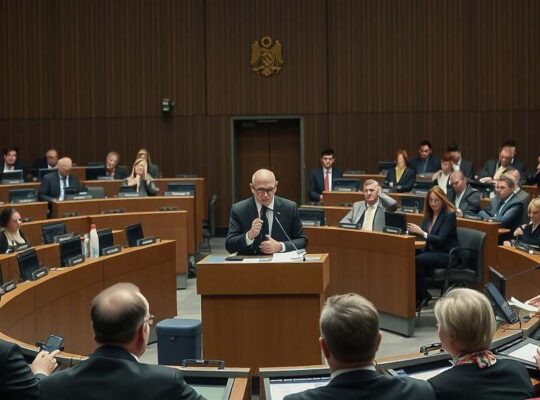The potential for savings within Germany’s Bürgergeld (basic income support) system extends beyond the 1.5 billion euros currently identified by the ruling coalition for the 2026 budget, according to Gitta Connemann, chair of the Mittelstand and Economic Union. Speaking to RTL and n-tv, Connemann suggested that further efficiency improvements and a renewed focus on fiscal responsibility could yield considerable additional savings.
Connemann referenced a recent study by the Ifo Institute, which estimates potential savings of up to 4.5 billion euros through enhanced system efficiency. She emphasized that this suggests a need for further examination and optimization. The coalition government, she acknowledged, is also aware of this potential and the importance of delivering results.
Central to the discussion is the focus on integrating capable recipients back into the workforce. Connemann asserted that many businesses and employees are willing to support those in need, but stressed the necessity of encouraging employment among Bürgergeld recipients. A potential integration of just 100,000 recipients into the labor market, she stated, could lead to savings of up to 2 billion euros.












